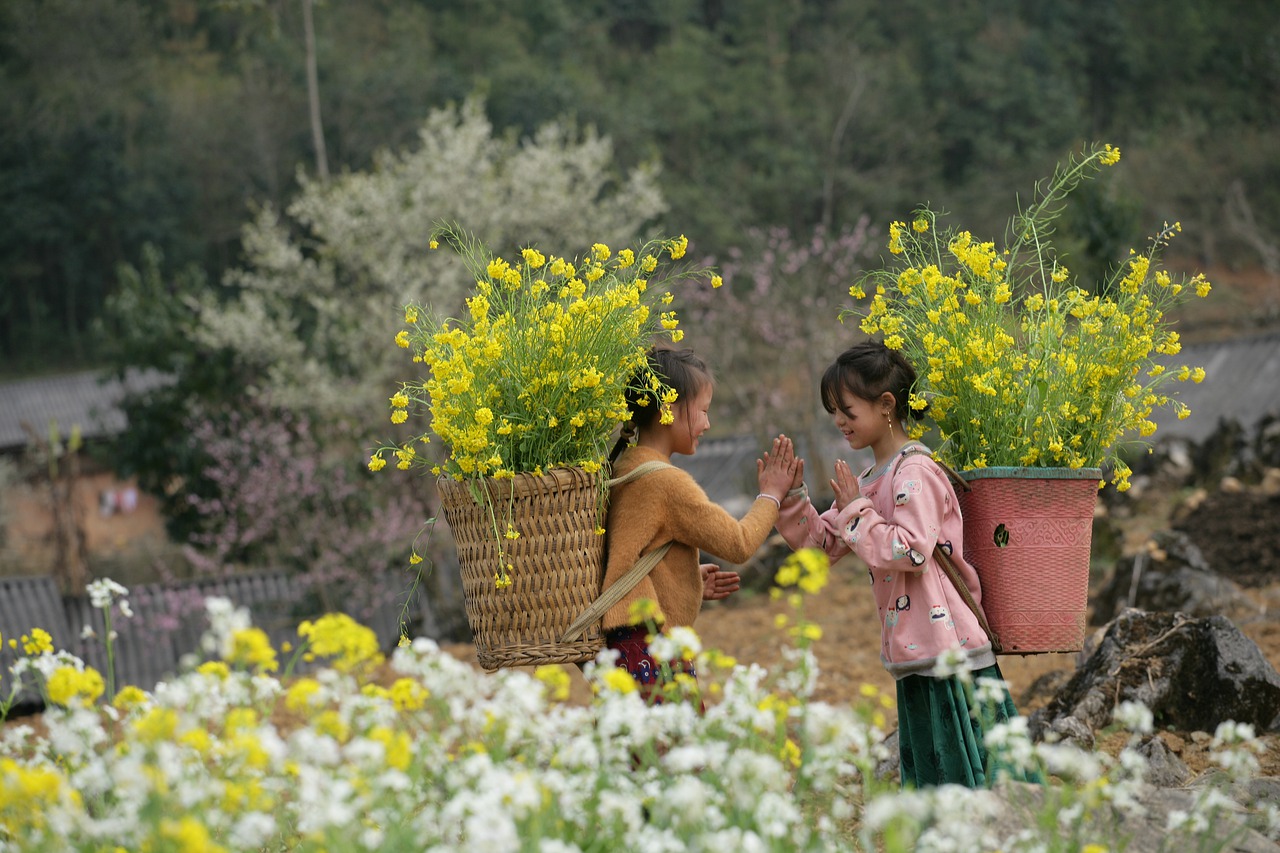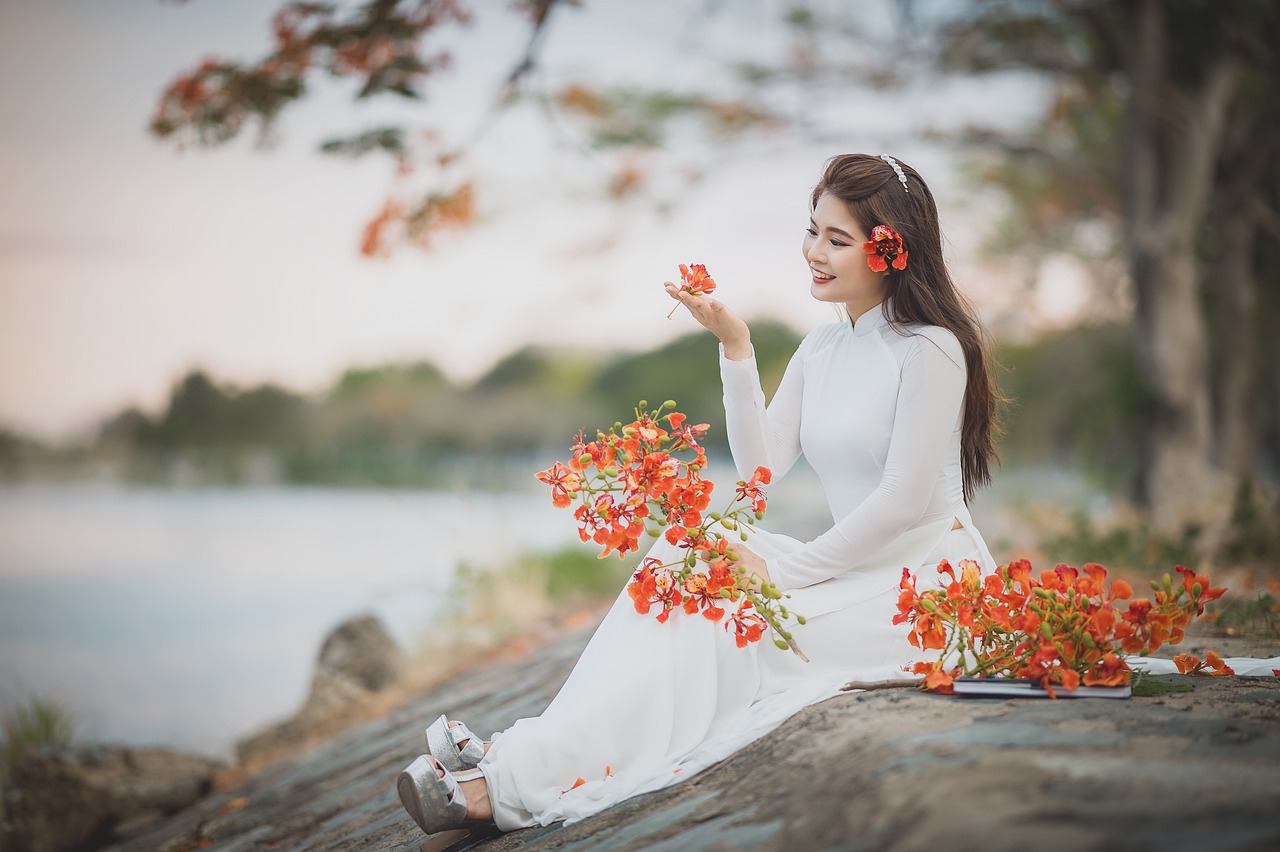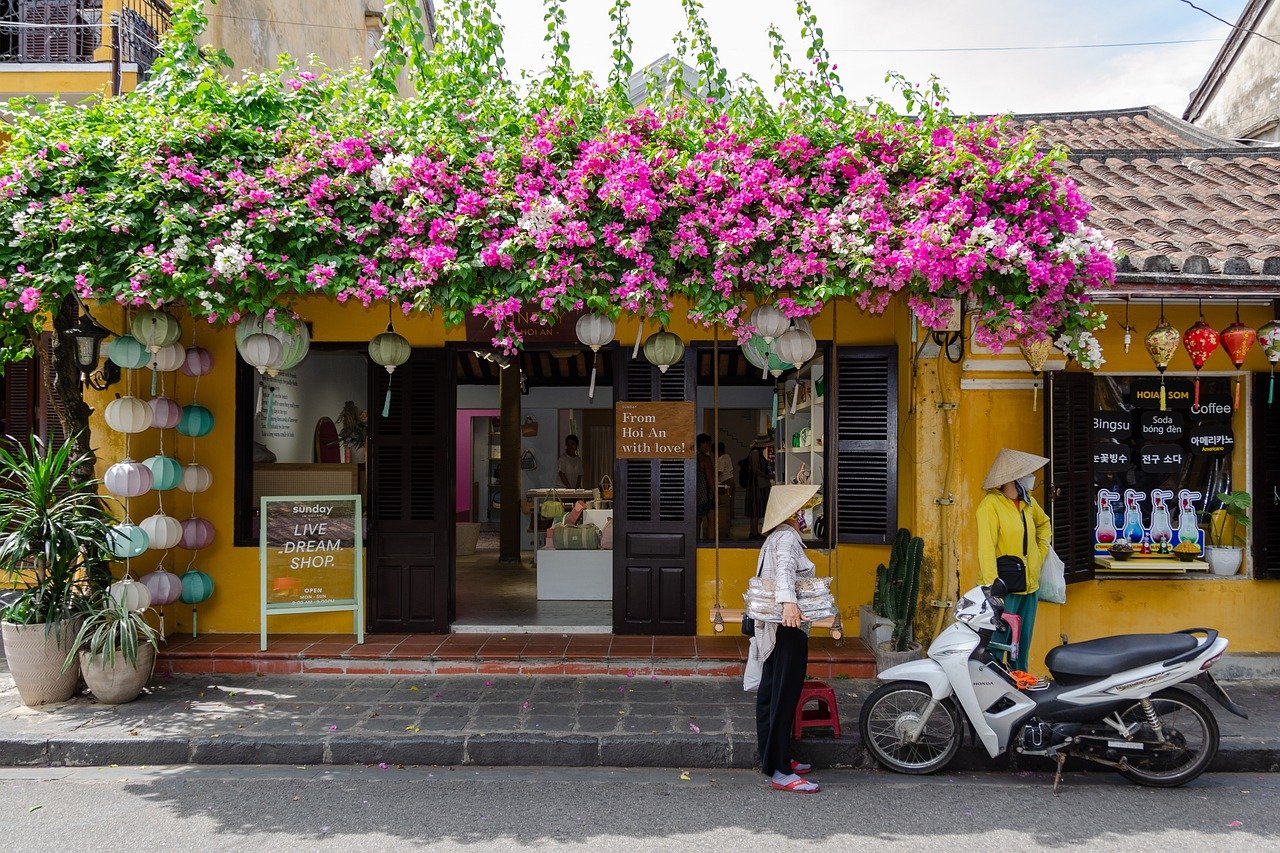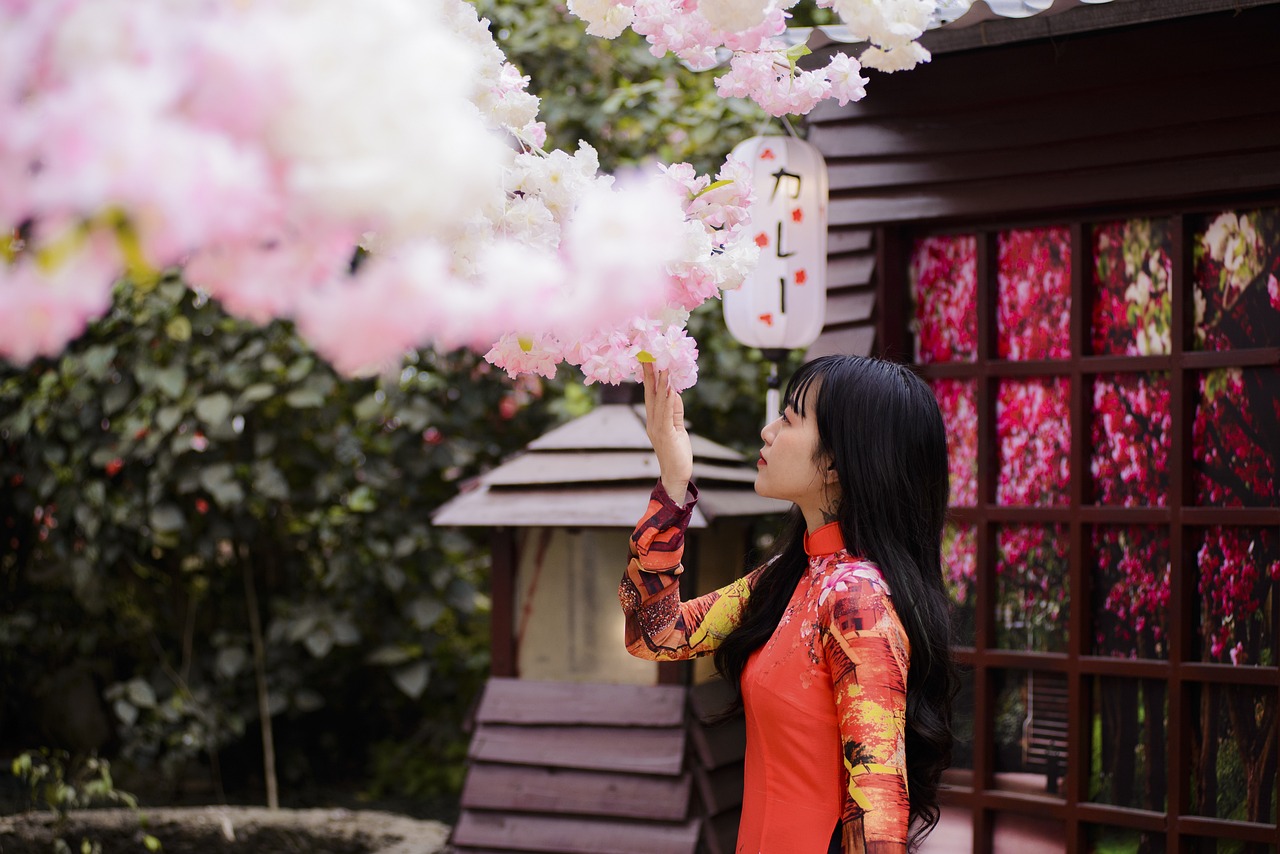Vietnam Video
Cultural Sensitivities: Understanding Local Norms in Vietnam
Vietnam is a vibrant and diverse country in Southeast Asia, known for its rich history, breathtaking landscapes, and warm hospitality. As a visitor to Vietnam, it is essential to be aware of the cultural sensitivities and local norms to ensure a respectful and enjoyable experience. This article aims to provide a comprehensive guide to understanding the cultural nuances in Vietnam.
Traditional Greetings and Etiquette
Vietnamese people value politeness and respect, and traditional greetings play a significant role in Vietnamese culture. When meeting someone for the first time, it is customary to offer a slight bow or nod while saying “Xin chào” (pronounced “sin chow”), which means hello. Handshakes are also common, especially in more formal settings. It is important to address people using their proper titles, such as “Anh” for older men, “Chị” for older women, and “Em” for younger individuals.
- Family-oriented society: Vietnamese society revolves around the family, and the concept of filial piety is deeply ingrained. Respect for elders and ancestors is highly valued, and it is essential to show deference to older family members.
- Gift-giving: When visiting someone’s home, it is customary to bring a small gift as a token of appreciation. Popular choices include fruit, flowers, or sweets. It is considered impolite to open a gift immediately after receiving it.
- Dining etiquette: Vietnamese meals are often communal, with dishes placed in the center of the table for everyone to share. It is polite to wait for the eldest or most senior person to start eating before you begin. Chopsticks are the primary utensils used, and it is important not to stick them upright in a bowl of rice, as this resembles incense sticks used in funerals.
- Shoes and feet: When entering someone’s home or a temple, it is customary to remove your shoes. Feet are considered the lowest part of the body and should not be placed on furniture or pointed at others.
Religious Practices and Temples
Vietnam is home to a diverse range of religious beliefs, with Buddhism, Confucianism, and Taoism being the most prominent. When visiting temples or pagodas, it is important to dress modestly and respectfully, covering your shoulders and knees. It is customary to remove your shoes before entering, and you should also avoid touching or photographing religious statues without permission.
- Buddhism: Buddhism is the largest religion in Vietnam, and many temples and pagodas can be found throughout the country. When entering a Buddhist temple, it is customary to light incense sticks and place them in the designated areas as a sign of respect.
- Ancestor worship: Ancestor worship is an integral part of Vietnamese culture. Many families have altars in their homes where they pay homage to their ancestors. When visiting someone’s home, it is important to be respectful of these altars and not touch or disturb them.
- Festivals: Vietnam is renowned for its vibrant festivals, which often have religious or cultural significance. Some of the most famous festivals include Tet (Lunar New Year), Mid-Autumn Festival, and Hung Kings Temple Festival. Visitors are welcome to participate in these celebrations, but it is important to be respectful of the traditions and customs associated with each festival.
Social Customs and Taboos
Vietnamese society has its own set of social customs and taboos that visitors should be aware of to avoid causing offense or misunderstanding.
- Avoid public displays of affection: Vietnamese culture places a strong emphasis on modesty, and public displays of affection, such as kissing or hugging, are generally frowned upon.
- Respect for authority: Vietnamese society values respect for authority figures, such as teachers, elders, and government officials. It is important to show deference and avoid criticizing or questioning their decisions openly.
- Personal space: Vietnamese people tend to have a smaller personal space compared to Western cultures. It is common for people to stand or sit in close proximity to each other during conversations.
- Superstitions: Vietnamese culture is steeped in superstitions and beliefs. It is important to be aware of these and avoid actions that may be considered unlucky or disrespectful, such as pointing at someone with your finger or whistling at night.
Image 1: Vietnam

Local Customs and Festivals
Vietnam is known for its vibrant local customs and festivals, which provide a unique insight into the country’s rich cultural heritage. These celebrations often involve colorful processions, traditional music and dance, and delicious food.
- Tet (Lunar New Year): Tet is the most important festival in Vietnam, marking the beginning of the lunar calendar year. It is a time for families to come together, pay respects to ancestors, and celebrate with feasts and fireworks.
- Mid-Autumn Festival: Also known as the Children’s Festival, the Mid-Autumn Festival celebrates the harvest season. Children parade with lanterns, and mooncakes are shared as a symbol of unity and good fortune.
- Hung Kings Temple Festival: This festival honors the Hung Kings, the legendary founders of Vietnam. It includes processions, traditional rituals, and performances to pay homage to the country’s ancient rulers.
Image 2: Vietnam

Communication and Language
Vietnamese is the official language of Vietnam, and while English is becoming more widely spoken, especially in tourist areas, it is still beneficial to learn a few basic phrases to enhance your interactions with locals.
- Greetings: Learn how to say “Xin chào” (hello), “Cảm ơn” (thank you), and “Xin lỗi” (excuse me) in Vietnamese. Locals will appreciate your efforts to communicate in their native language.
- Non-verbal communication: Vietnamese people often rely on non-verbal cues, such as facial expressions and gestures, to convey meaning. Pay attention to these cues to better understand the context of a conversation.
- Translation services: If you need assistance with translation, there are translation apps and services available. It is also helpful to have the address of your destination written in Vietnamese to show taxi drivers or locals in case of language barriers.
Image 3: Vietnam

Conclusion
By being mindful of cultural sensitivities and understanding local norms in Vietnam, visitors can ensure a more meaningful and respectful experience. Embracing the traditions and customs of the country will not only enhance your trip but also foster positive interactions with the local community. Remember to approach each encounter with an open mind and a willingness to learn, and you will undoubtedly create lasting memories in this beautiful and culturally diverse nation.
References
– vietnam.travel
– lonelyplanet.com
– vietnamonline.com


